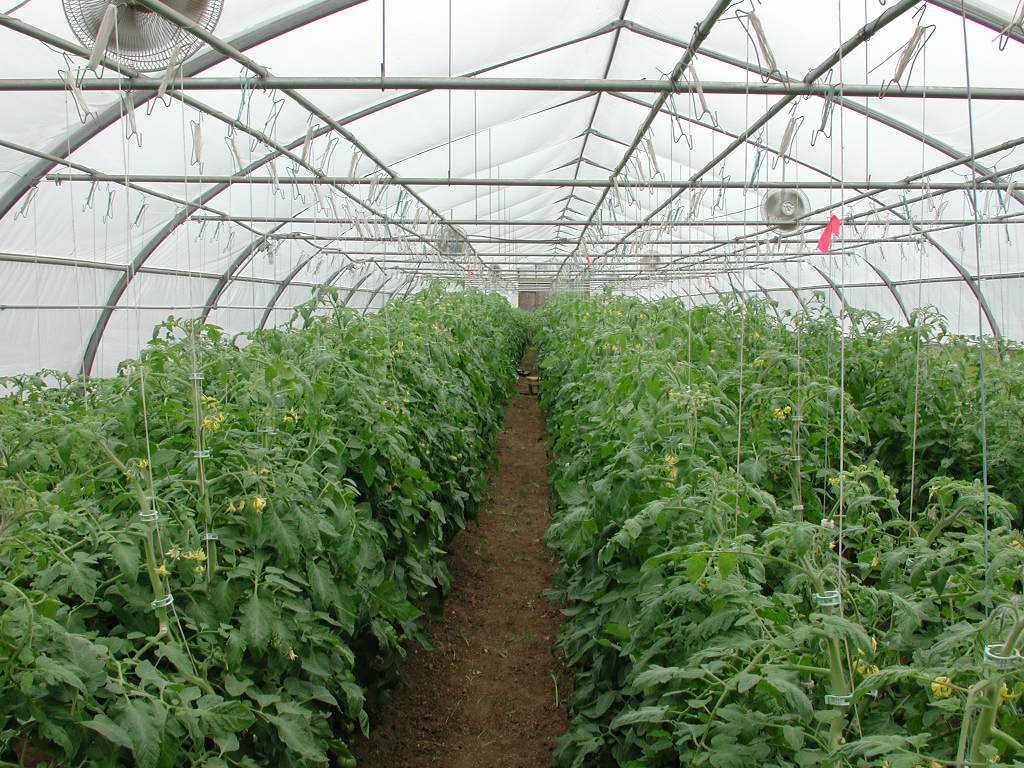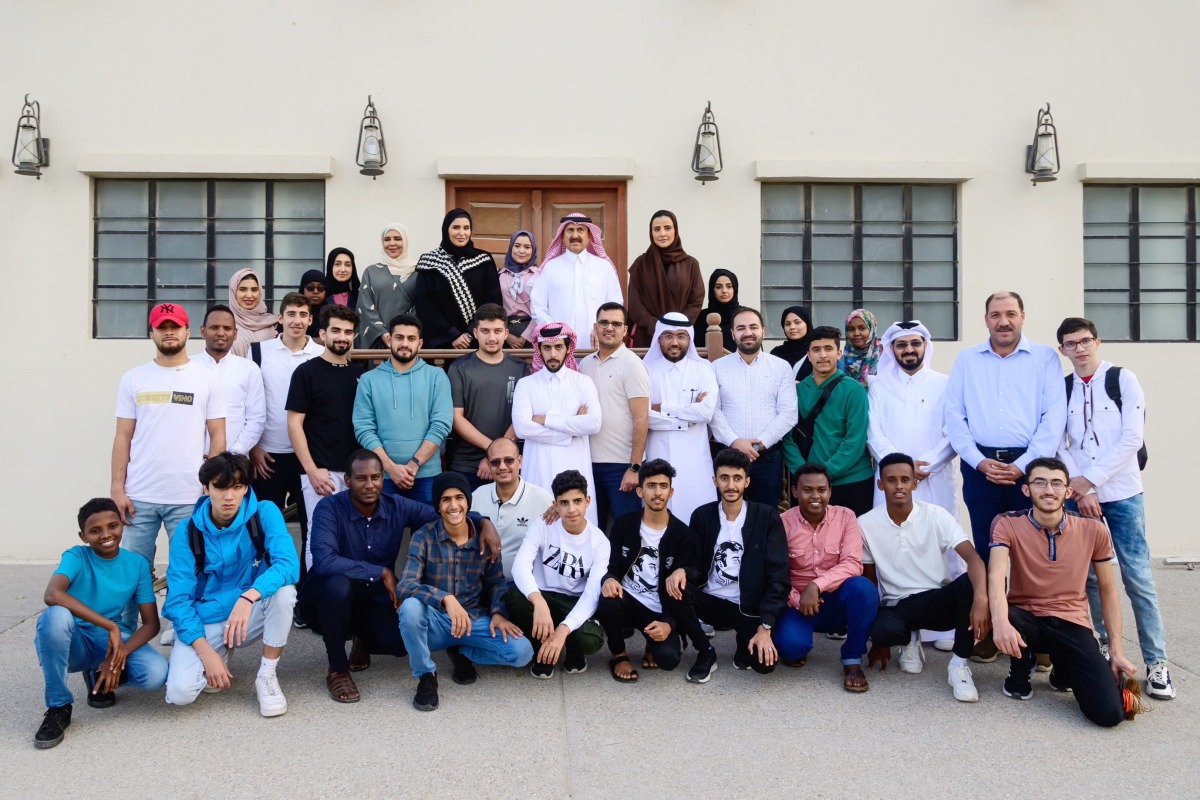The traits that parents pass on to their children range from freckles to hair and eye color. Research indicates that they can also transmit the terrible events they have experienced.
The term “generational trauma,” which is gaining popularity, describes traumatic events that are handed down through generations and may result in physical and mental symptoms.
In contrast to memories, generational trauma can take many various shapes. Symptoms include low self-esteem, despair, anxiety, insomnia, rage, and self-destructive behavior are included, as are cycles that affect how the parents of the children parent.
As resources to better understand their experience become available, the younger generations are beginning to finally recognise the effects of generational trauma in their families and are trying to break free from the cycle.
Racism, poverty, displacement, war, domestic violence and sexual assault are some of the traumatic events that can be passed down through generations.
Many parents are often reported to ignore their trauma because of the stigma associated with mental health, which in turn has an impact on how they parent their children.
This is why many of these once-young people grow into responsible adults with mental, social, and interpersonal problems that, until they consider their own upbringing, appear to have no origin.
Regressed trauma from parents’ past or present experiences as well as their childhood trauma even has the capacity to become a part of their DNA, for their children to inherit.
Doha News spoke to two women whose families experienced events that altered the way they think, feel and act.
Inheriting exile
Amina’s father was only a nine year old child when he was kicked out of his home in Palestine alongside his family, by the Occupation’s forces.
He recalls being lined up on the streets while carrying his younger brother, looking at the trucks they were to be loaded on. Her mother was 6 when her family had to flee their village by foot.
“To this day, their only concern, is to survive and be safe, even if that safety is temporary,” Amina told Doha News.
Today, the Palestinian woman finds herself to be a reflection of the emotions and the trauma that her parents experienced from a young age.
Best way to describe that feeling? “A constant state of vigilance.”
“Growing up, I was never given examples of following my passion or discovering myself. Rather, I saw examples of always being ten steps ahead of fate. Always having a financial back up plan. Always being prepared for when we will be asked to leave.”
What may be small office talk for many is a core memory for Amina.
“I remember the day my Qatari co-worker showed me a photo of a large family tree, containing around 500 names. He had taken it upon himself to re-design it. I remember observing that tree with fascination, knowing full well creating something similar to it, is impossible for me. My family is scattered.”
To her, realising how you have generational trauma and how it has impacted you was not a eureka moment.
“You can have big epiphanies and moments of realisation about yourself. But realising family trauma is to inspect every aspect of your actions/beliefs and study their root.. then study it further and further. It is realising that yourself today is the result of your previous generation’s actions and beliefs, and that in order to deal with it, you need to understand how this trauma came about and how it seeps into every aspect of your life,” said Amina.
“For me, I had that moment during therapy, when my therapist told me “why are you always behaving in a constant stream of survival?”
The Rwandan genocide of 1994
Kalisa, a Rwandan student in Qatar, believes that she has generational trauma embedded in her DNA.
More than half a million people were killed in cold-blood as a result of the coordinated genocide of roughly 75% of Rwanda’s Tutsi population between April and July 1994 by Hutu political and military extremists. Numerous Hutus who tried to protect or hide Tutsis or who opposed the genocide were also murdered.
In Rwanda, the country has a week to commemorate the genocide, from 7-14 April. This week used to be the hardest for Kalisa, who was not even born during the time of genocide.
“I used to have nightmares and I would be very afraid to go out of my house because I myself would think that I was going to get killed because my family, especially from my mom’s side as the whole family was completely wiped out.”
Growing up, Kalisa always knew that her mom’s side was targeted at the time. Despite it being decades now since the genocide, she still fears death and the prospect of been killed if she leaves the house.
At the age of 17, she started realising that she had internalised a lot of this trauma because of the many stories she was told growing up about the injustice that her family had faced.
She plans on seeking professional help in the future. However, in the meantime, Kalisa is doing her best to break the cycle of generational trauma in her family by meditating.
The science behind it all
Neglect and abuse in childhood can have an effect on how the brain develops and works. Children of trauma survivors may experience the effects of these events.
The generational trauma theory refers to how a person may inherit trauma if their DNA has undergone genetic changes. Traumatic changes do not cause gene damage (genetic change), instead they change the way the gene works (epigenetic change).
According to a 2021 study, mothers who were neglected emotionally as children had babies with altered brain circuitry in regions that control anxiety and fear responses.
For specialised non-invasive functional magnetic resonance imaging (fMRI), the researchers studied the brain activity of 1-month-old infants. In babies whose mothers had experienced emotional neglect as children, they found stronger connections between the brain areas that regulate emotion.
The study of how environment and behaviour affect genes is known as epigenetics. For instance, in 2008, researchers discovered a link between prenatal famine exposure and a child’s risk of developing a disease as an adult.
The imprinted IGF2 gene’s DNA methylation was lower in the study’s offspring, which is evidence that an ancestor’s trauma may have an effect on present-day individuals. DNA methylation is a biological process that regulates how genes are expressed.
Since generational trauma is a relatively recent topic, there is not yet much research on it.
The high rates of psychological distress among children of Holocaust survivors were the subject of a 1996 study by psychiatrist Vivian M. Rakoff, making it one of the first articles on trauma to be passed down through the generations.

















Leave a Reply